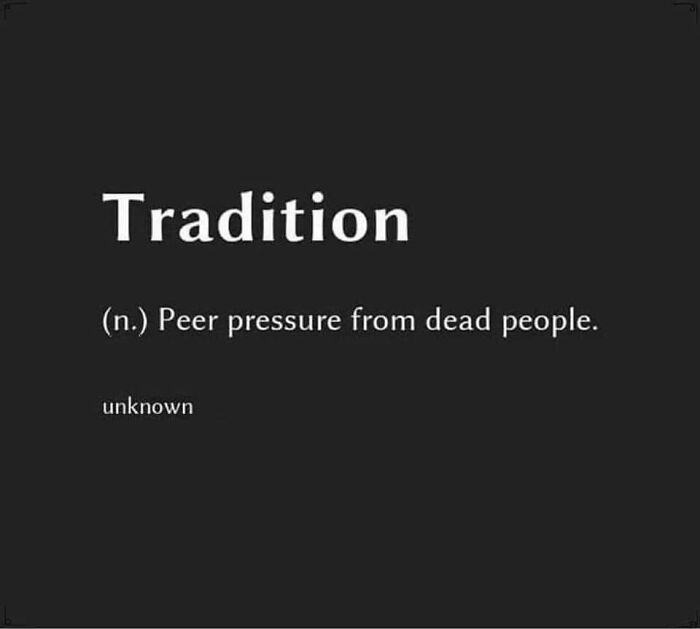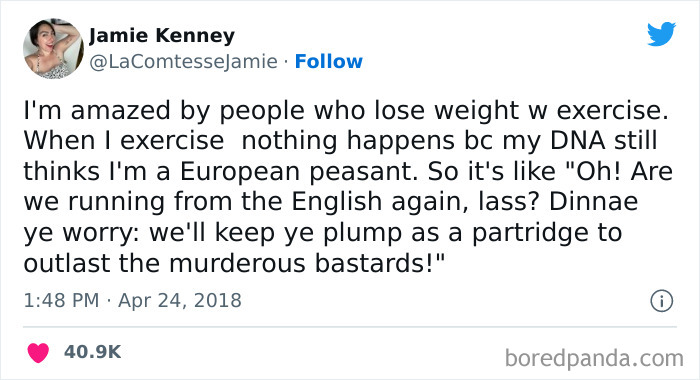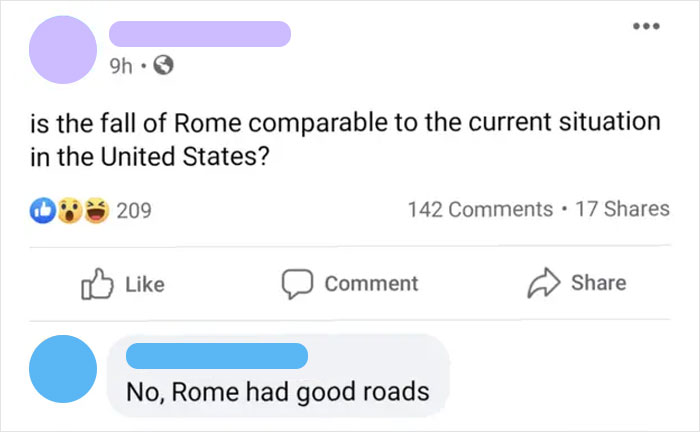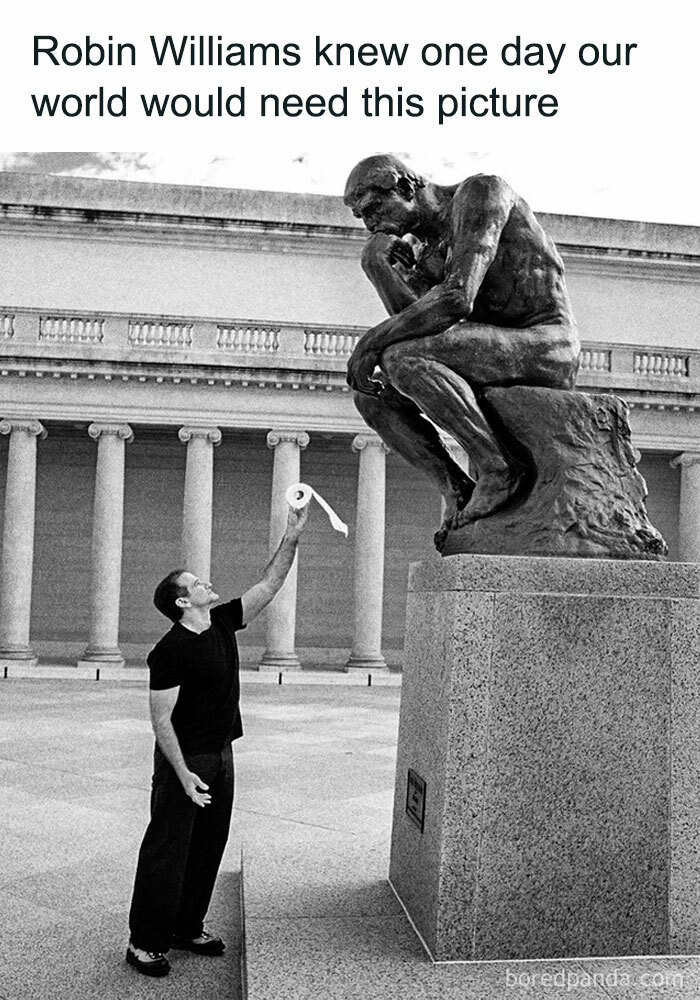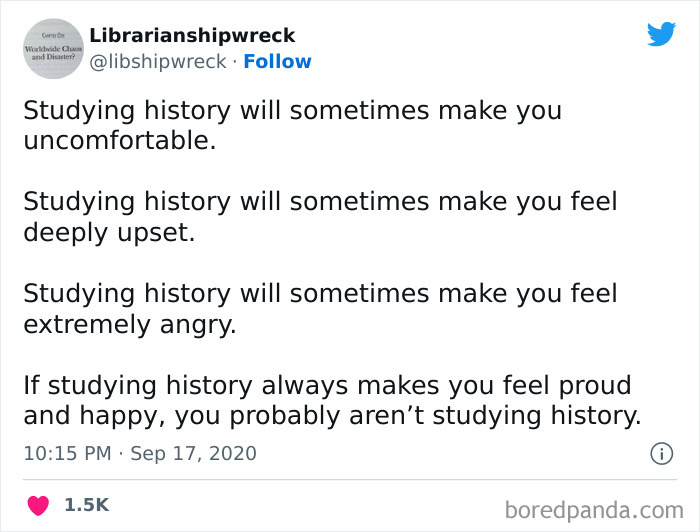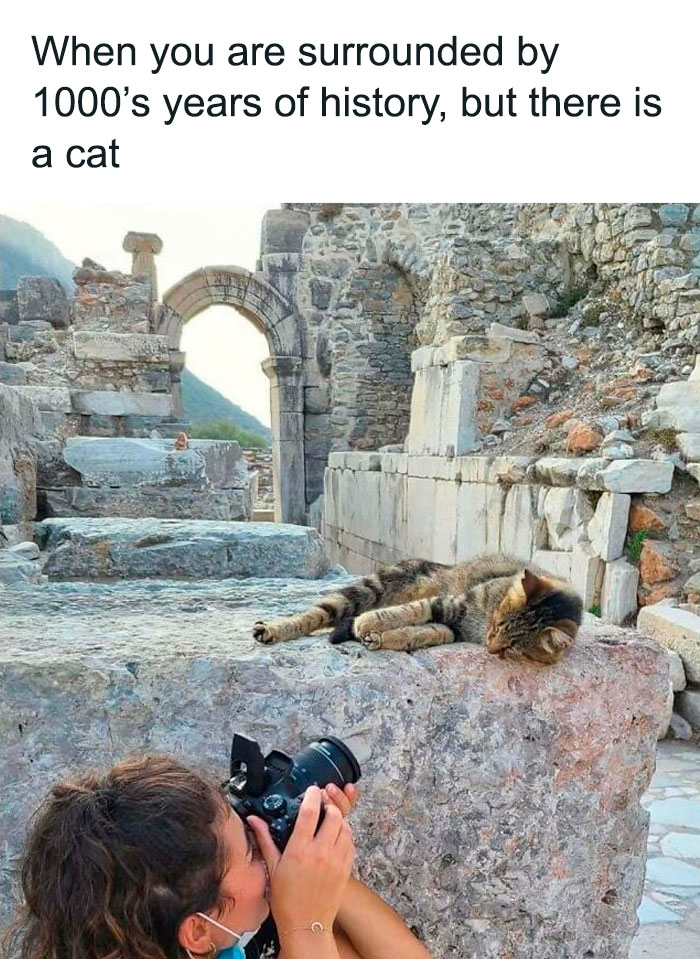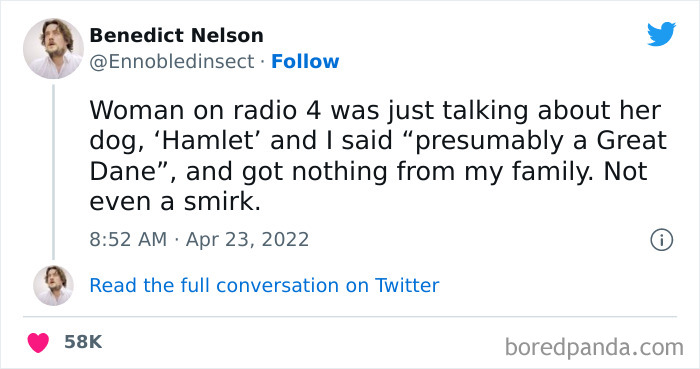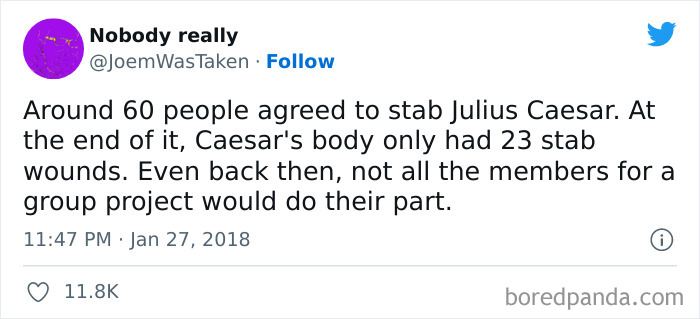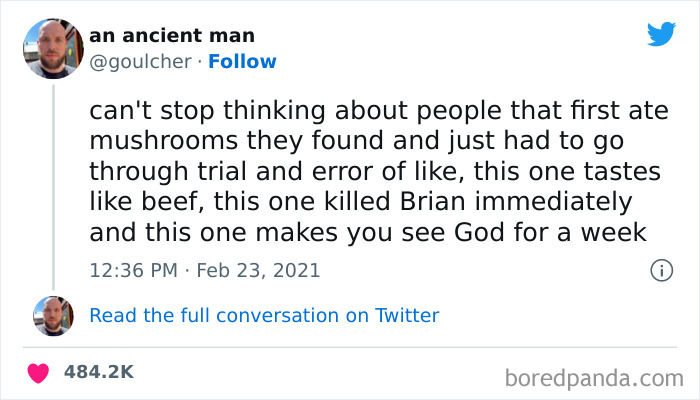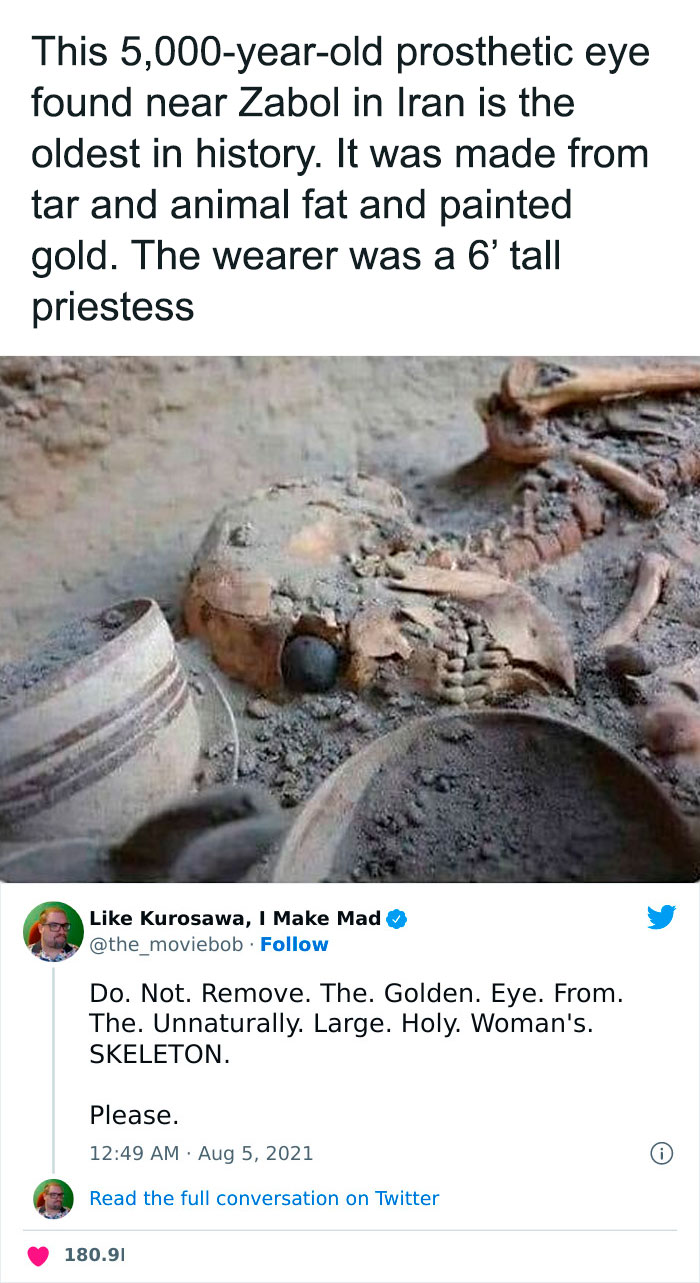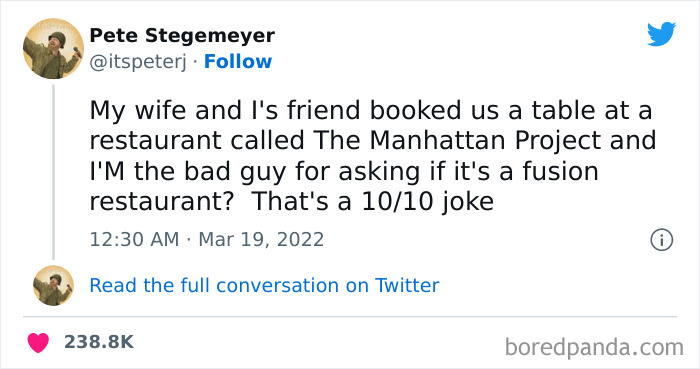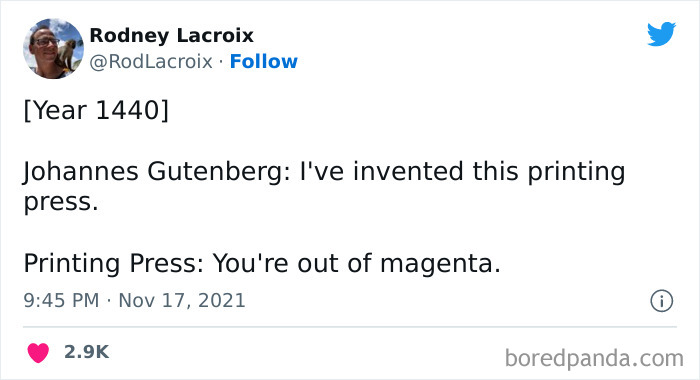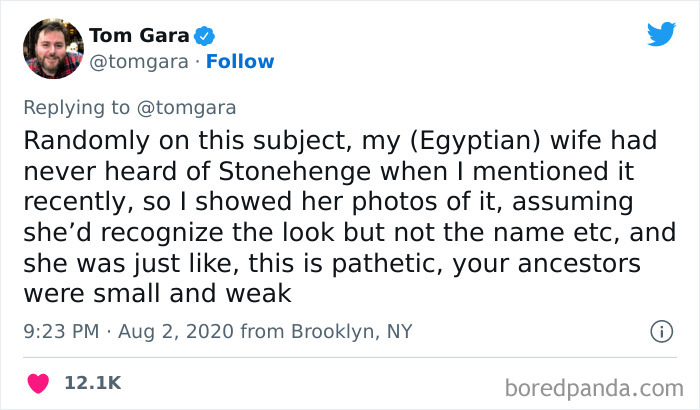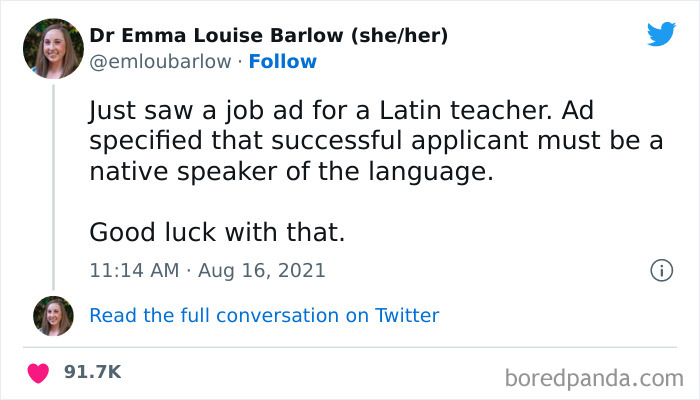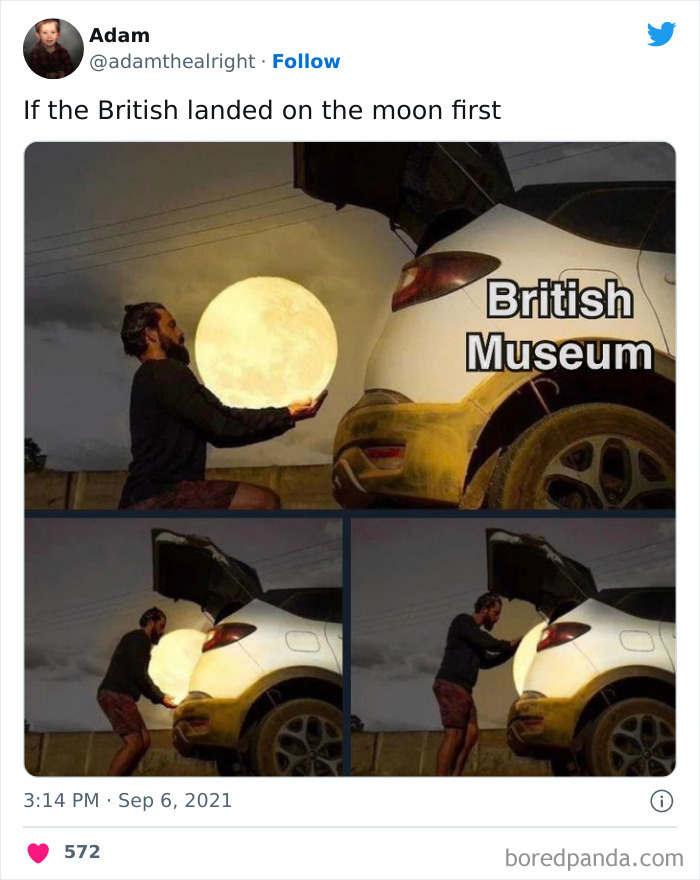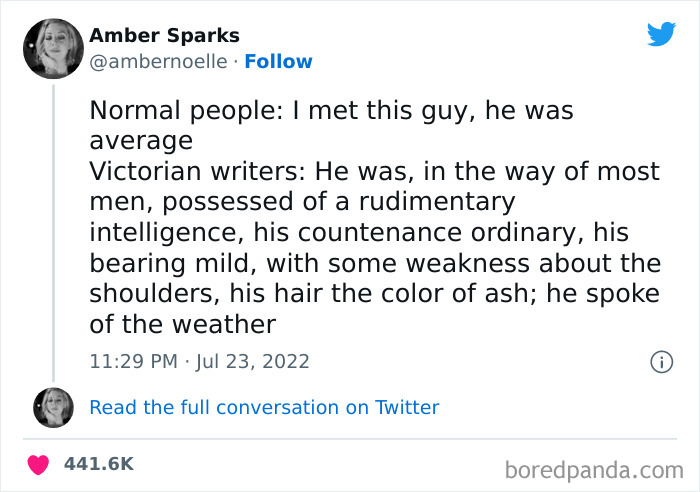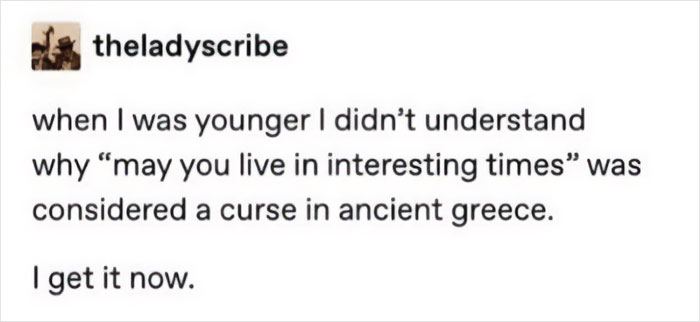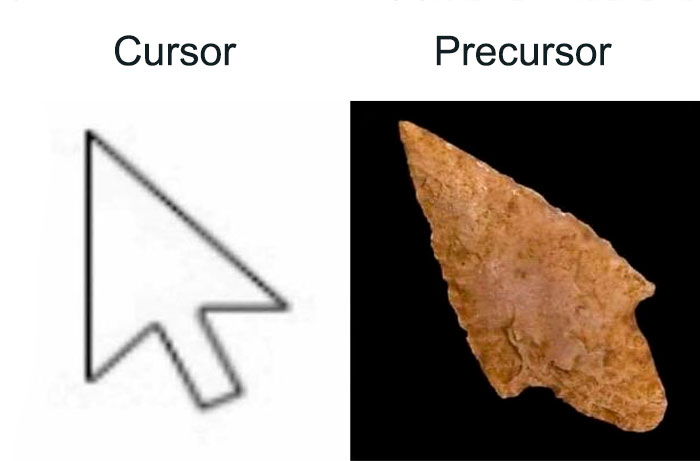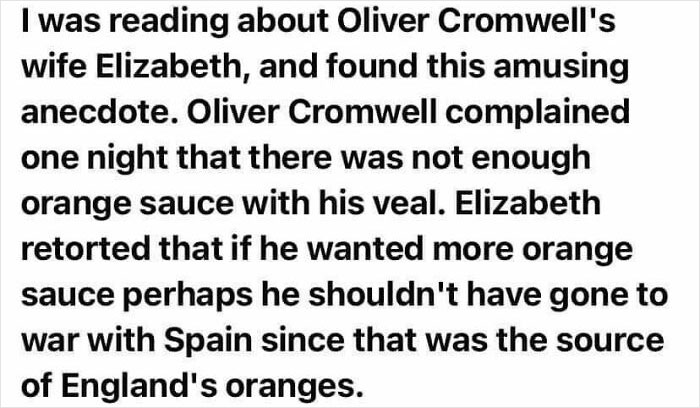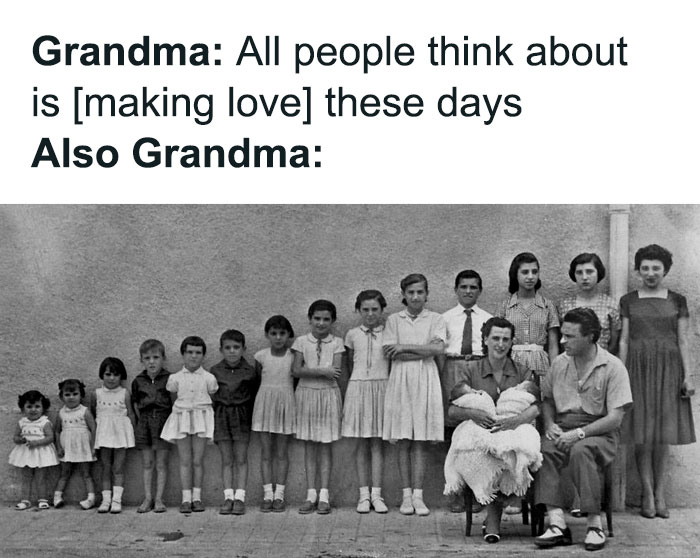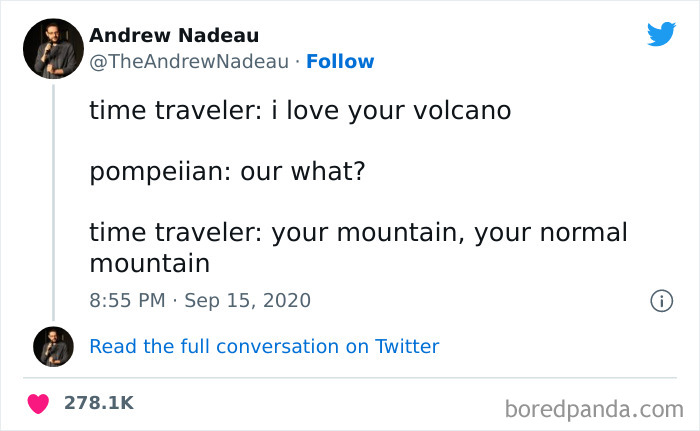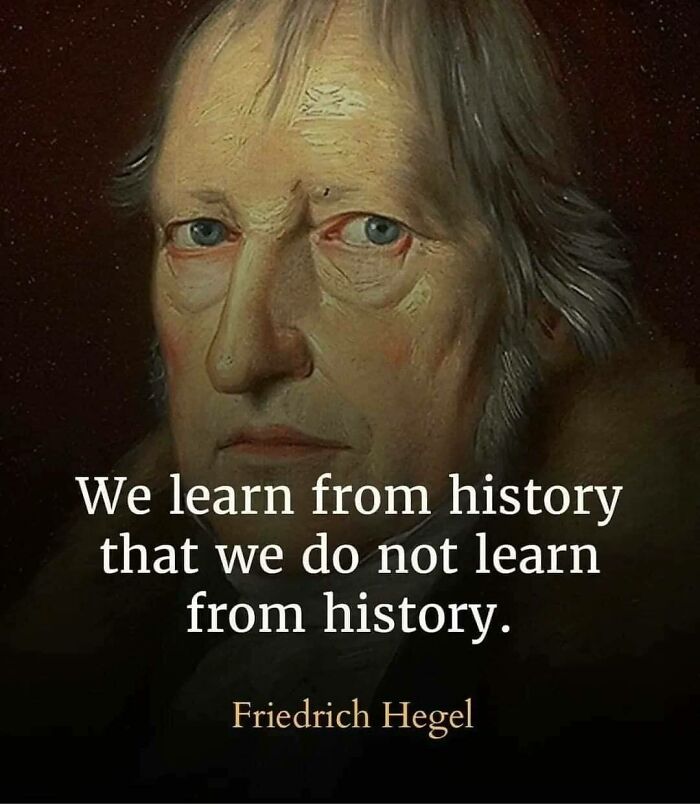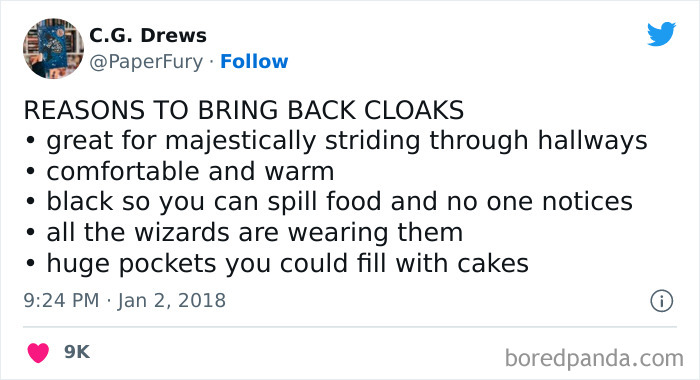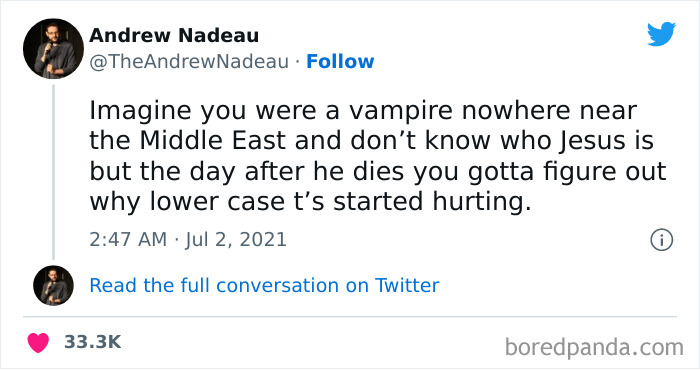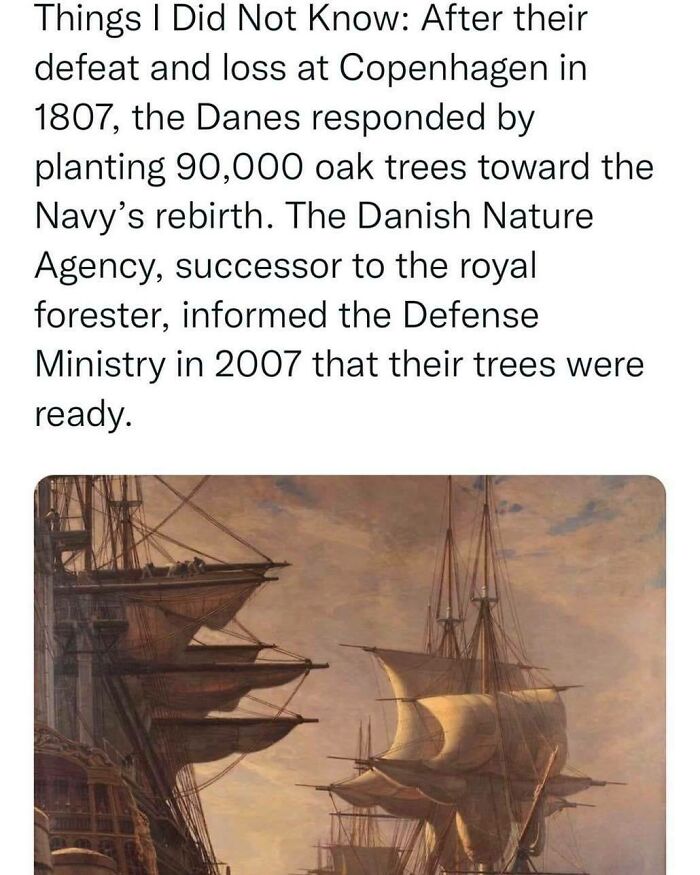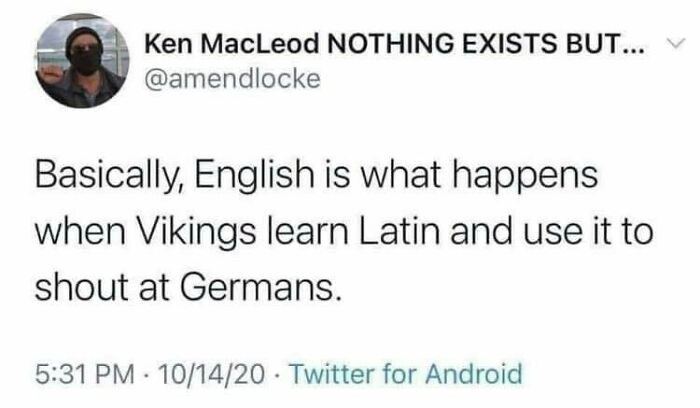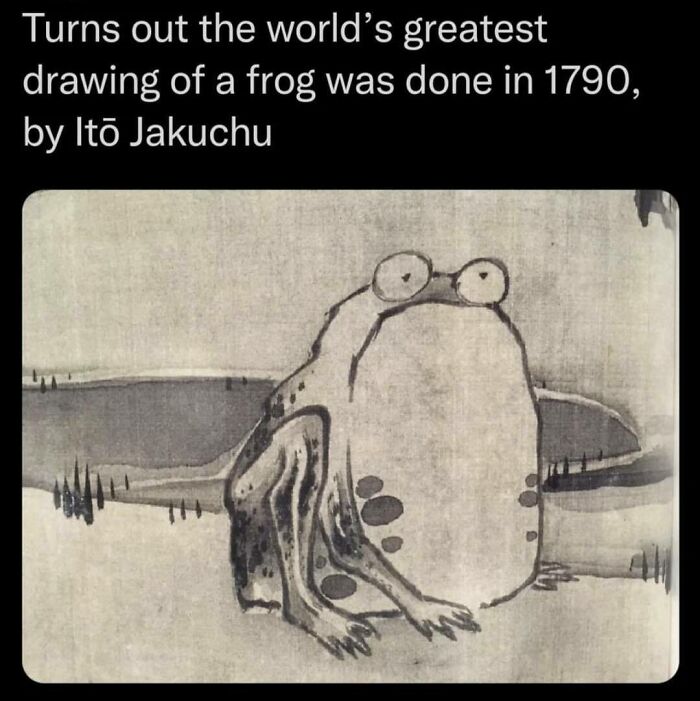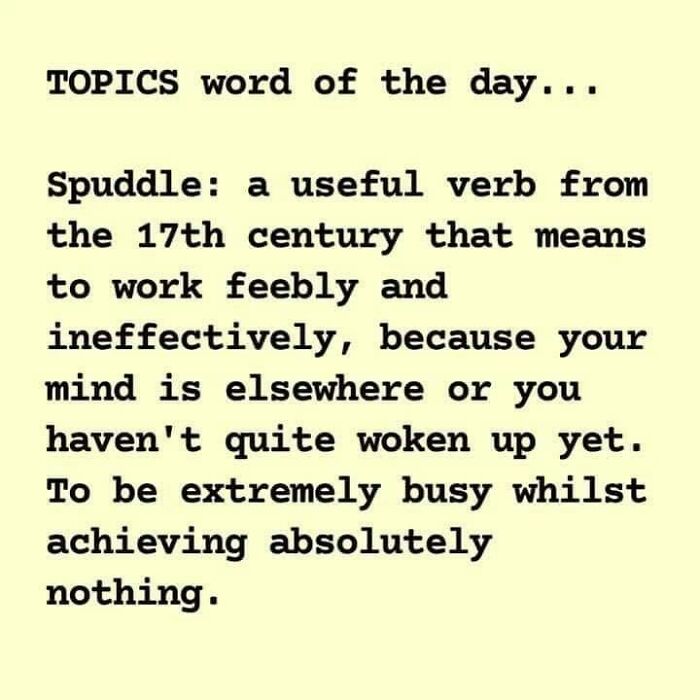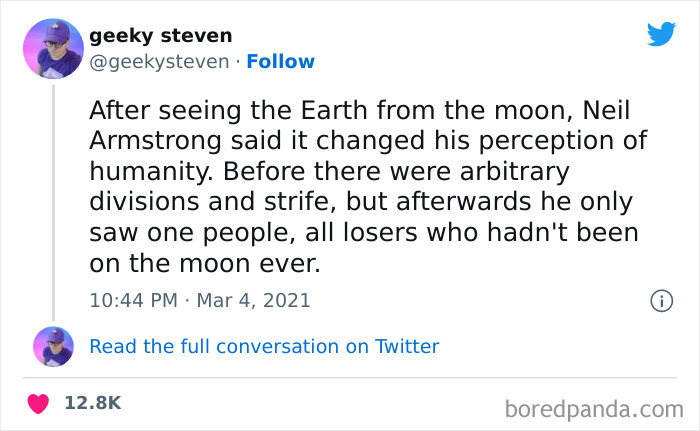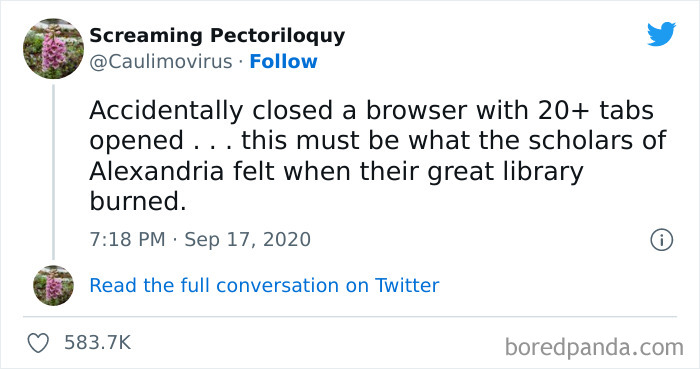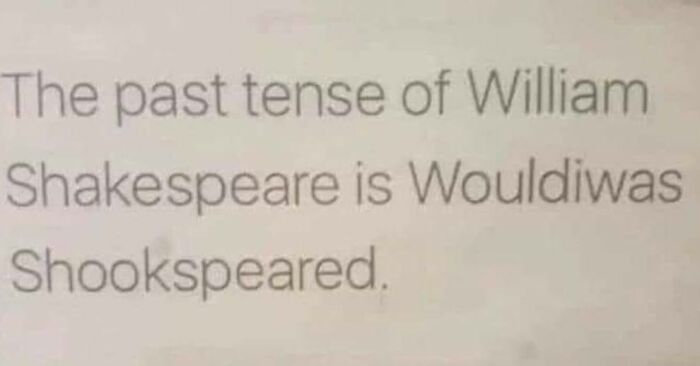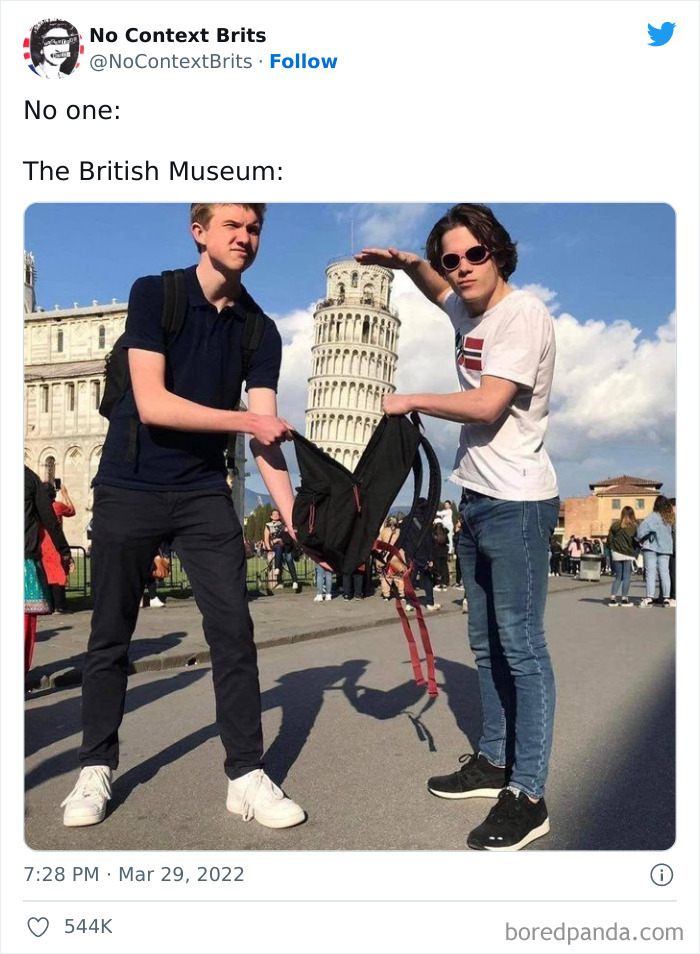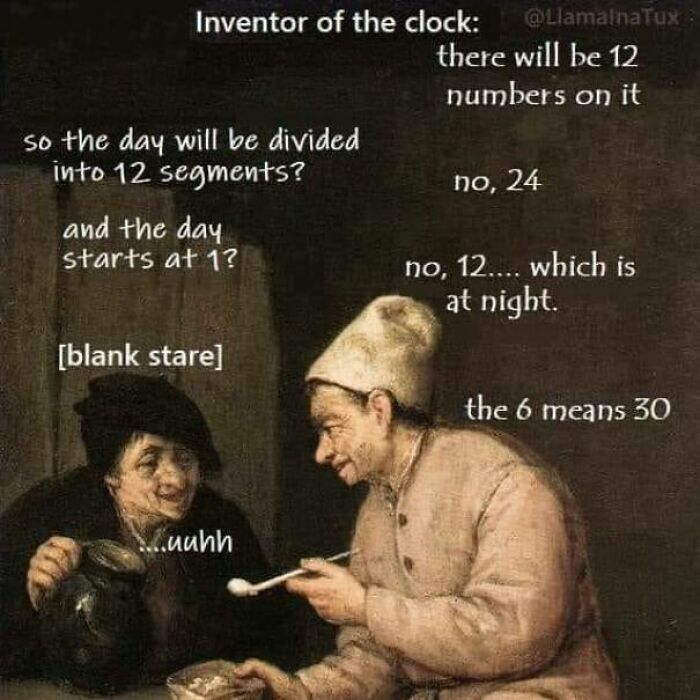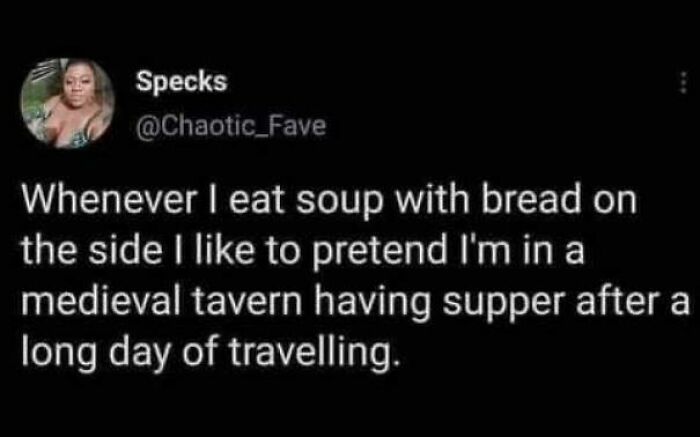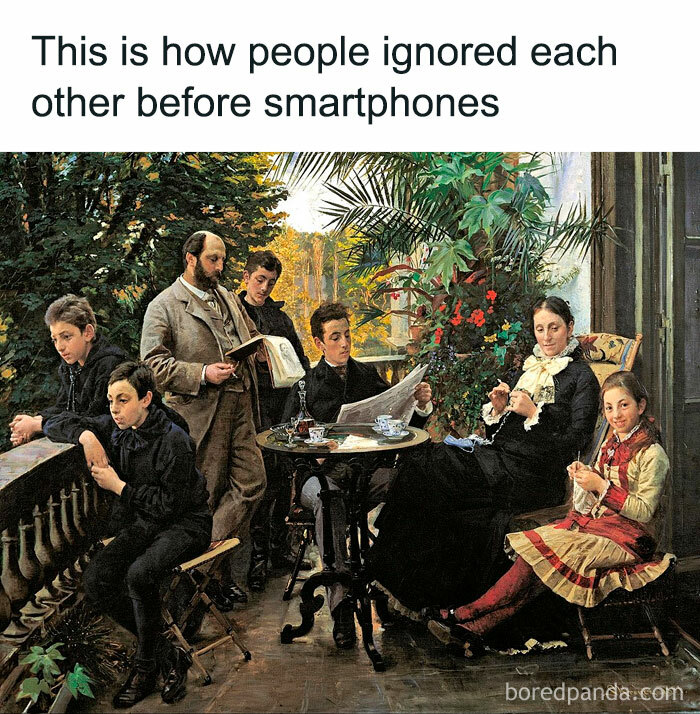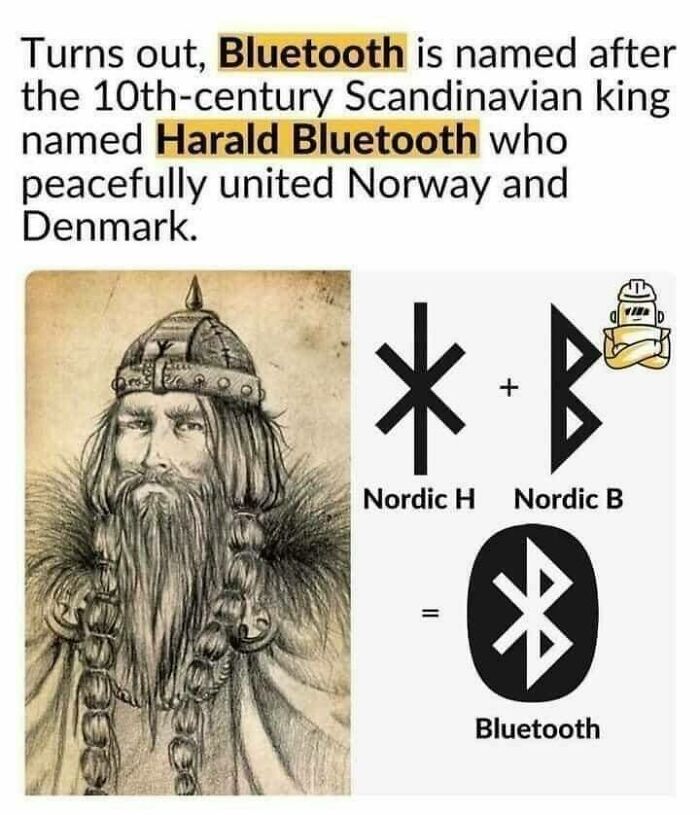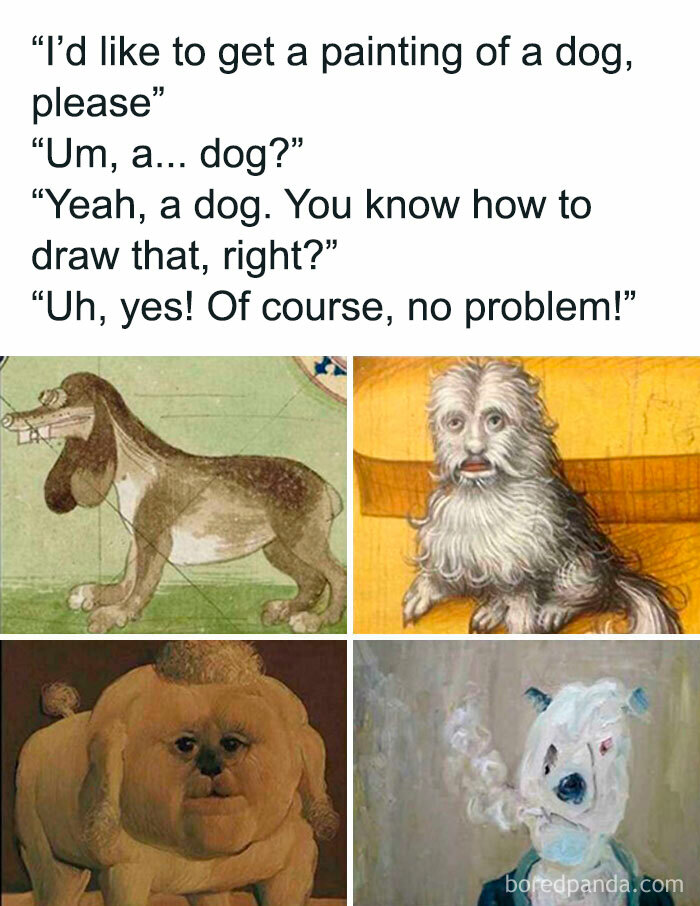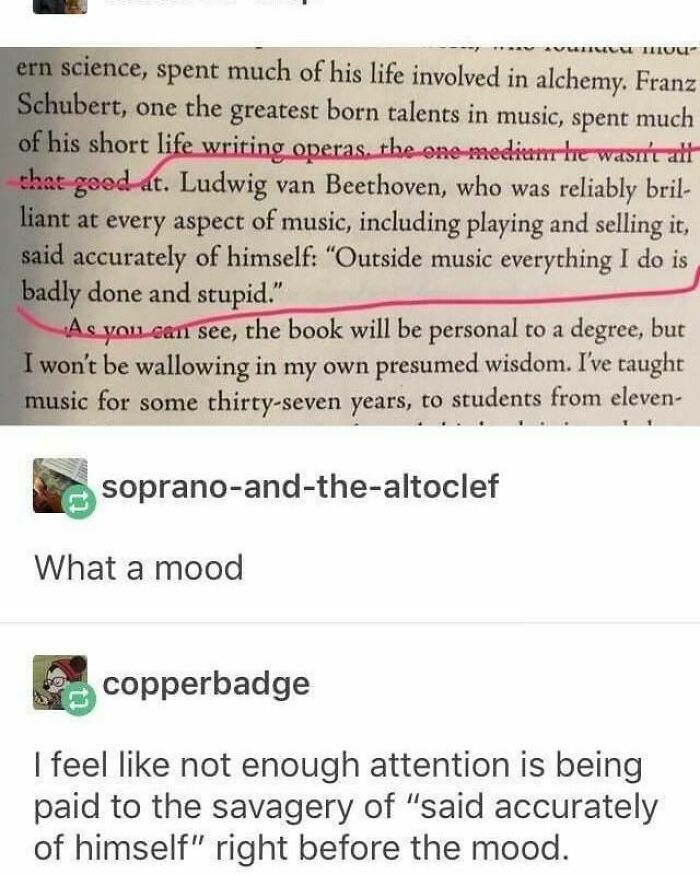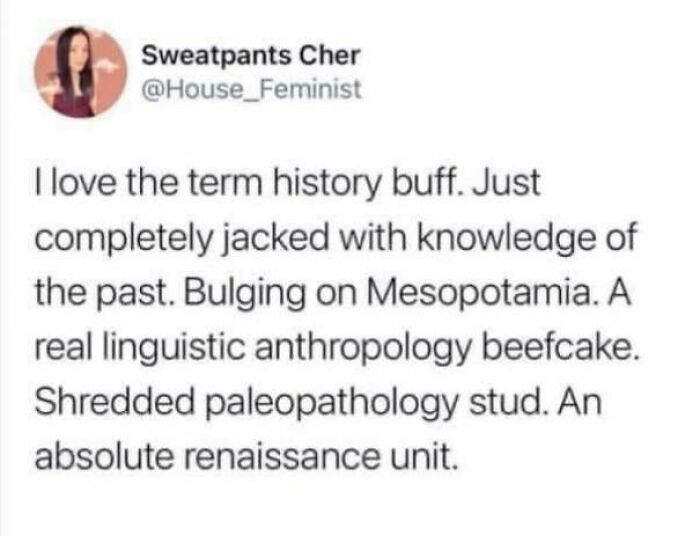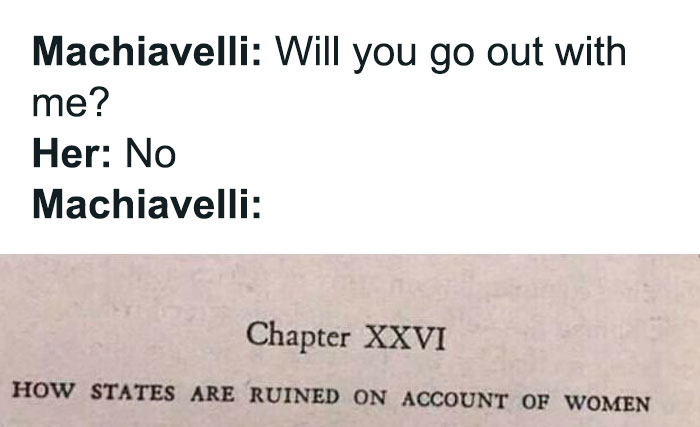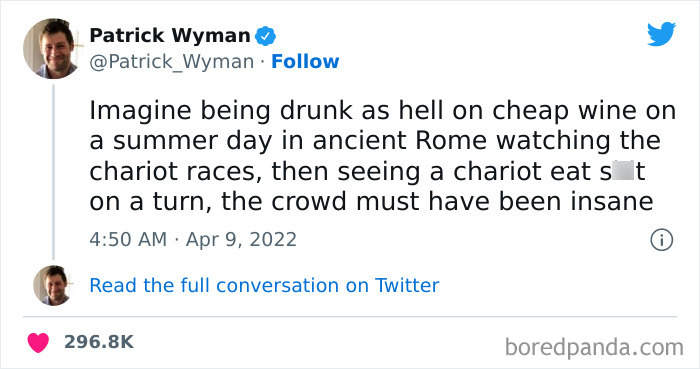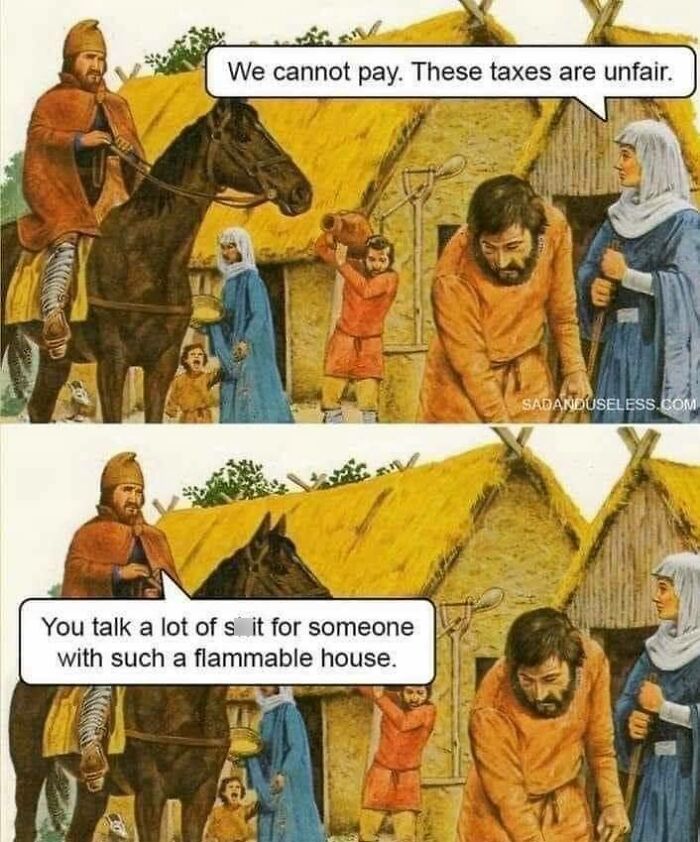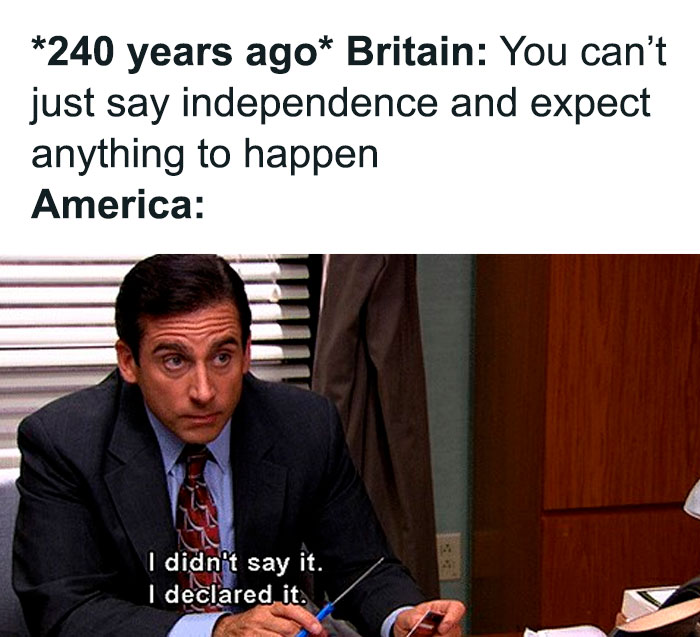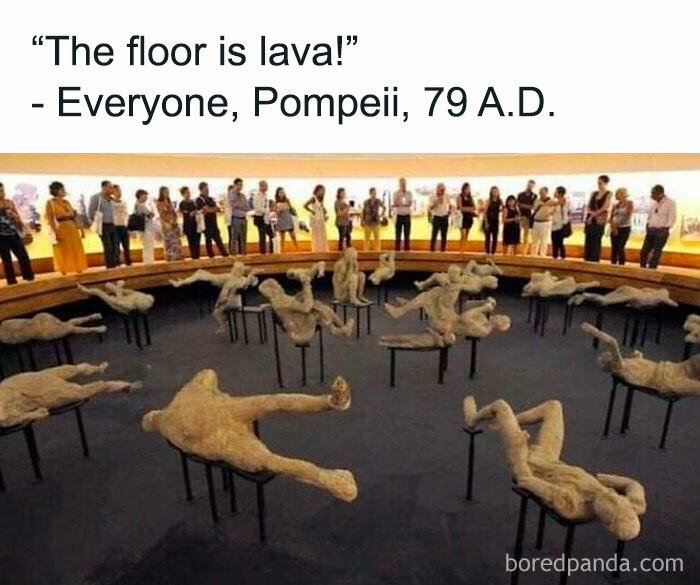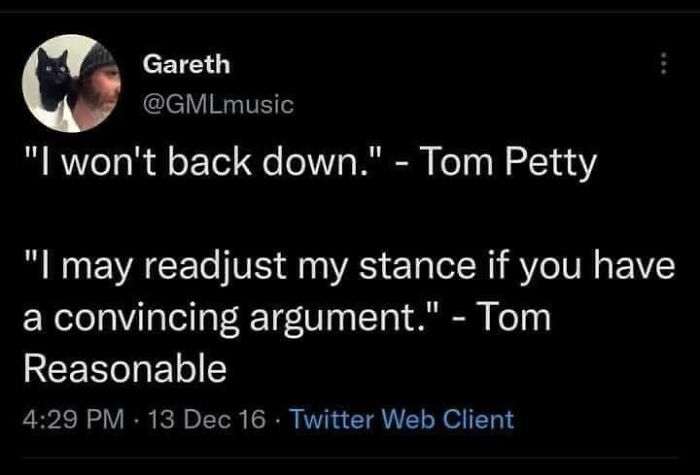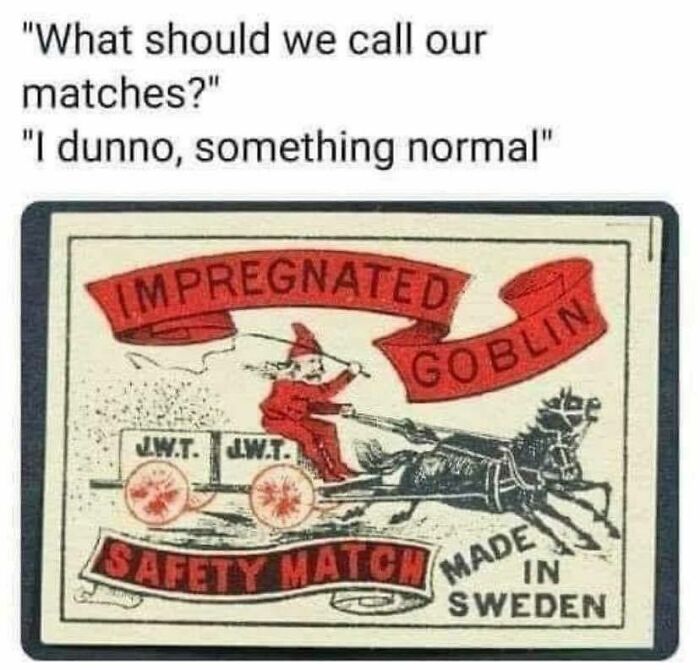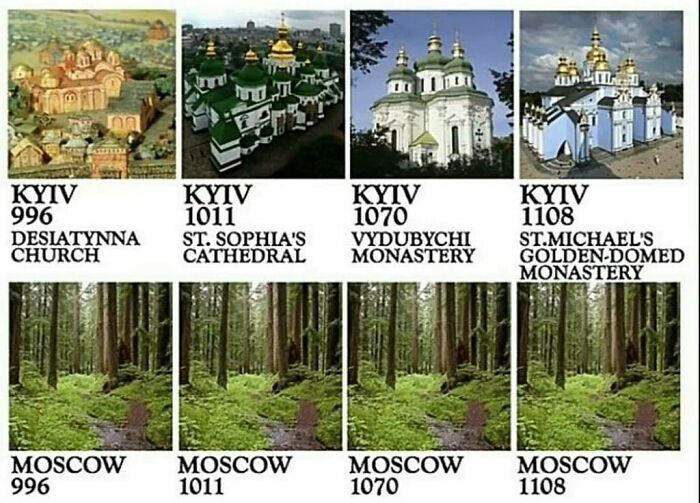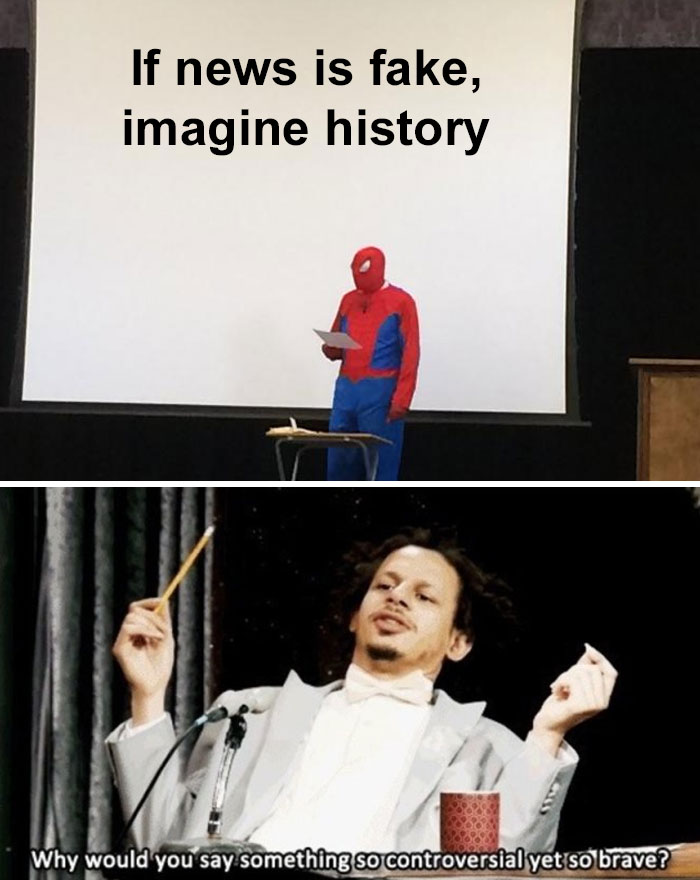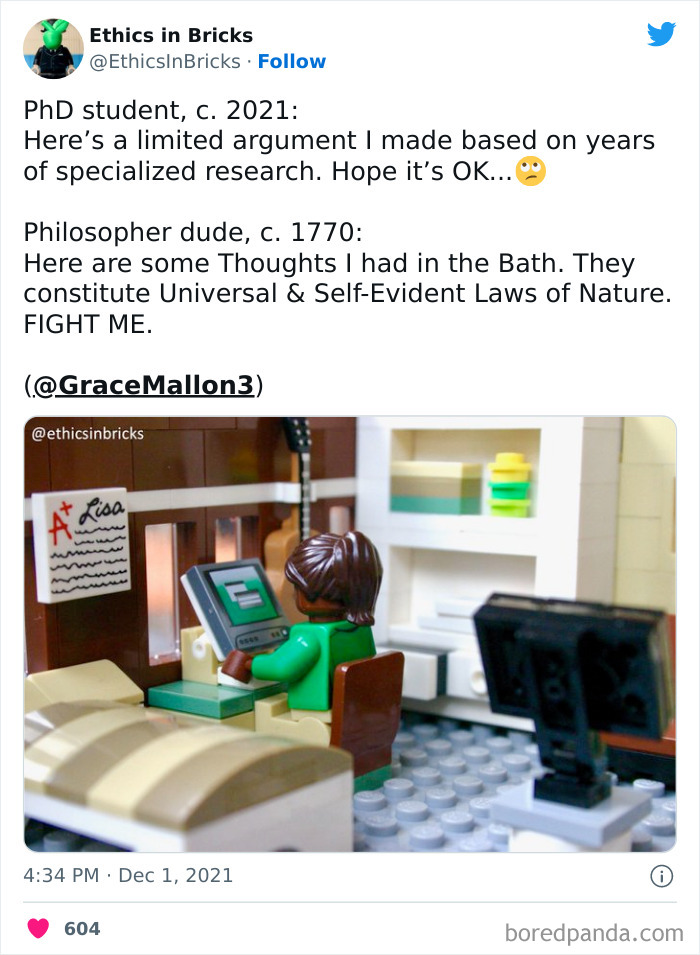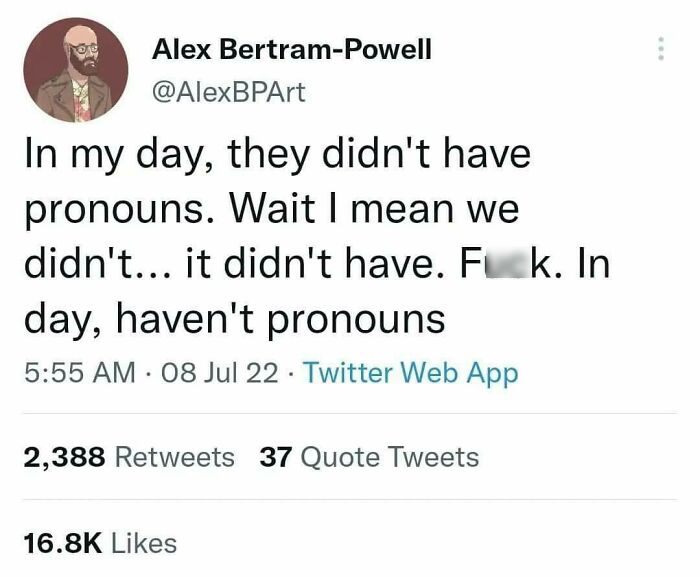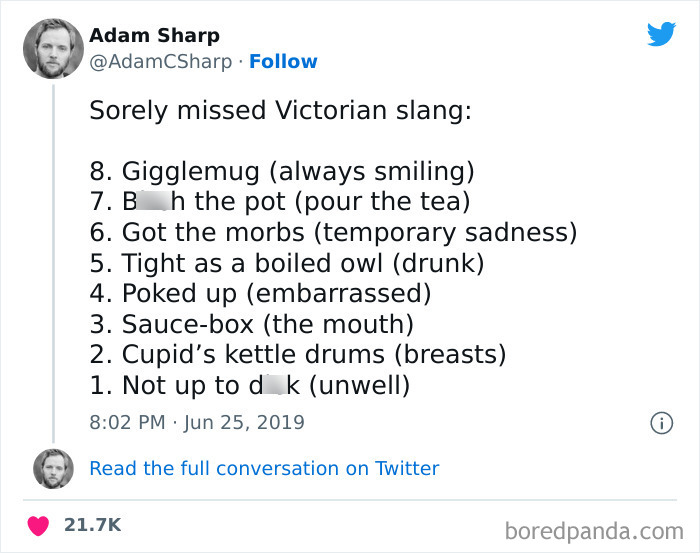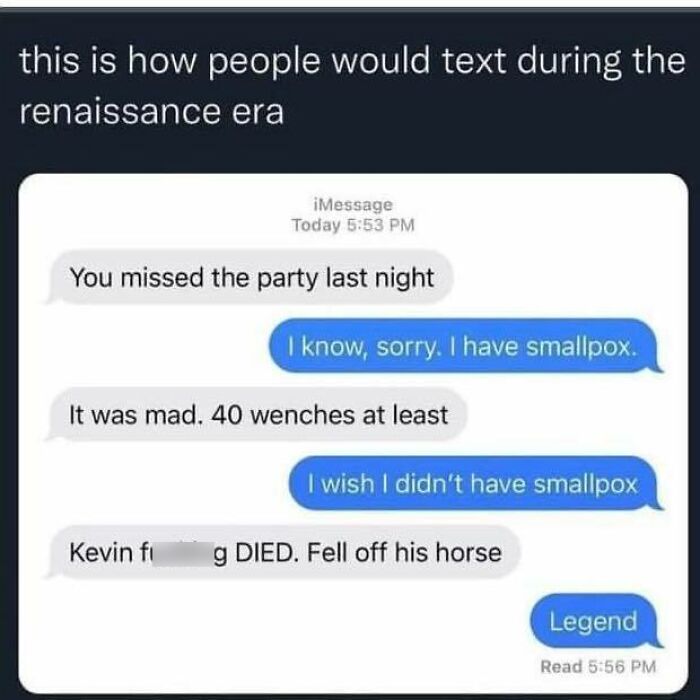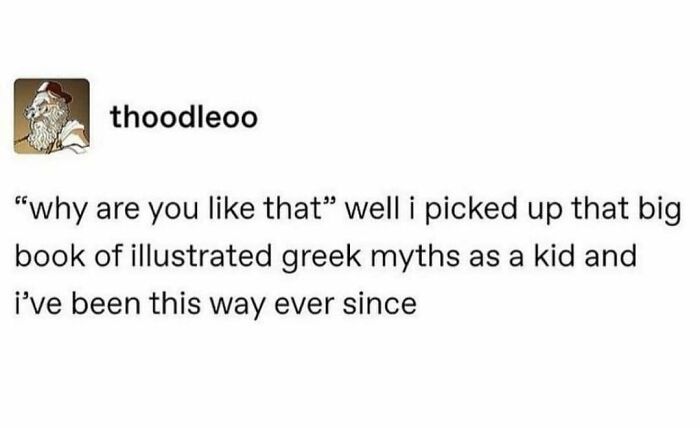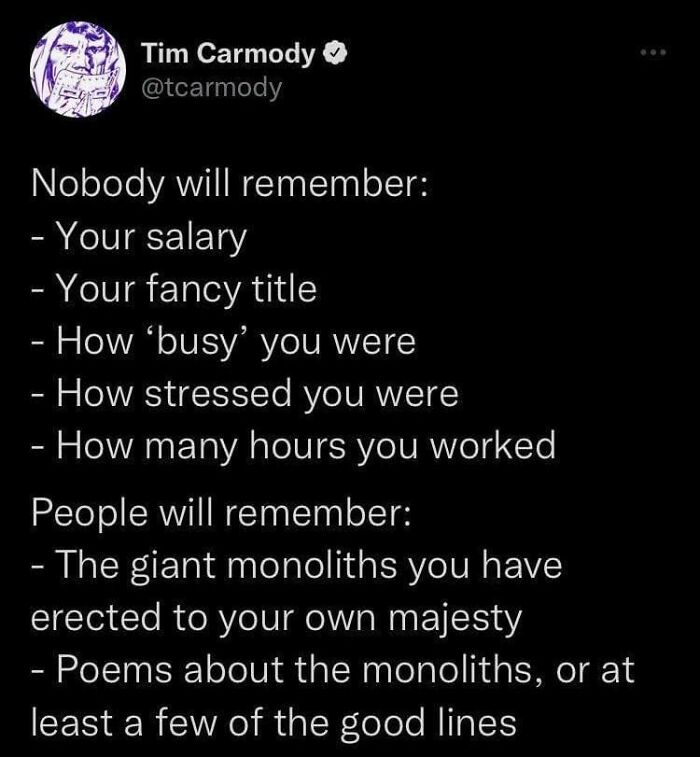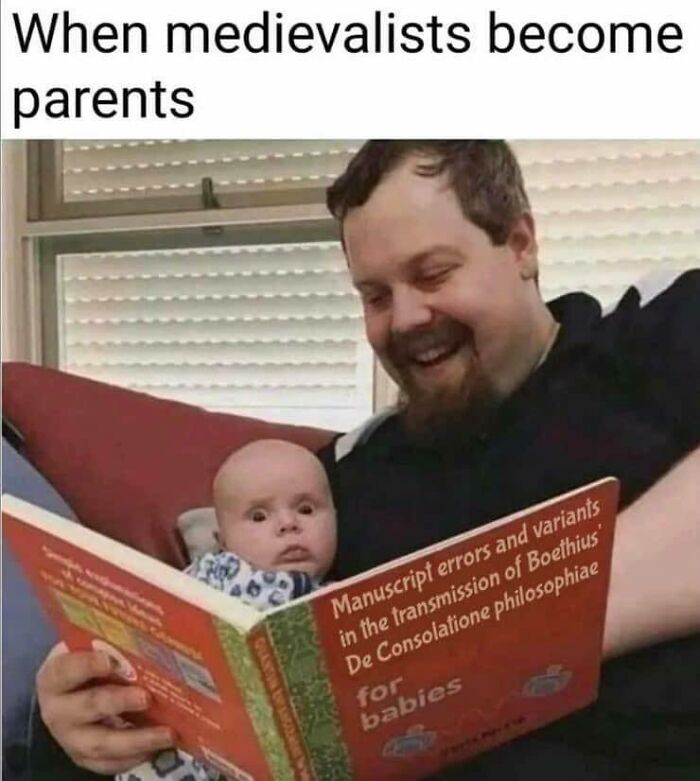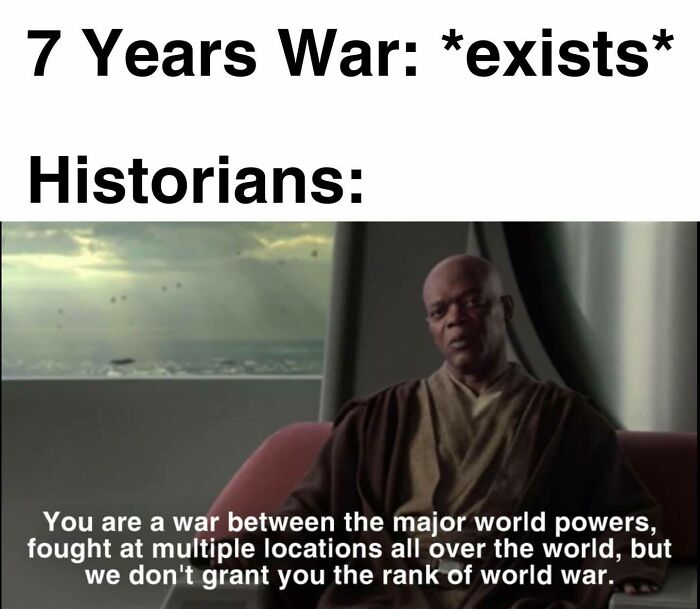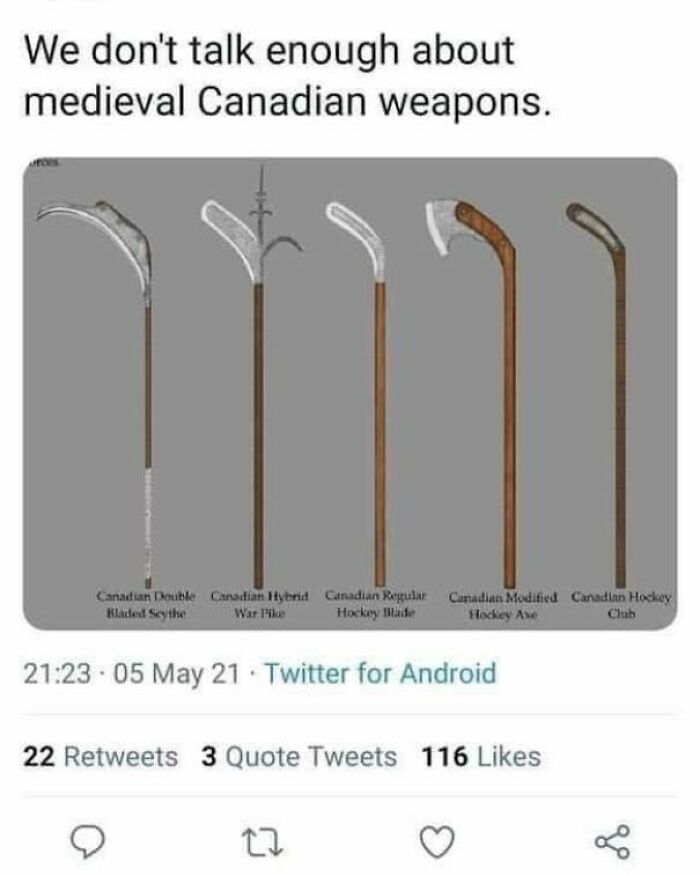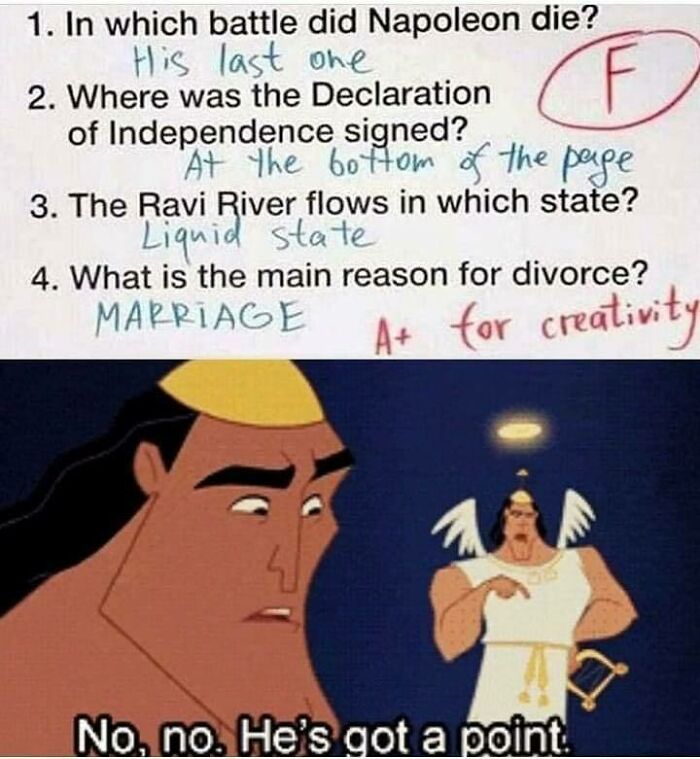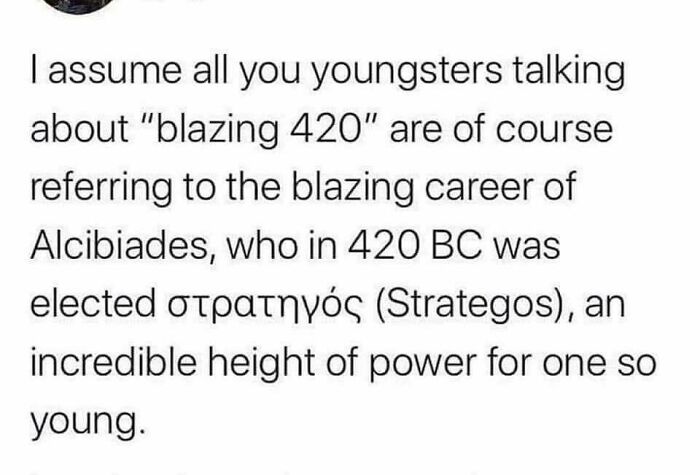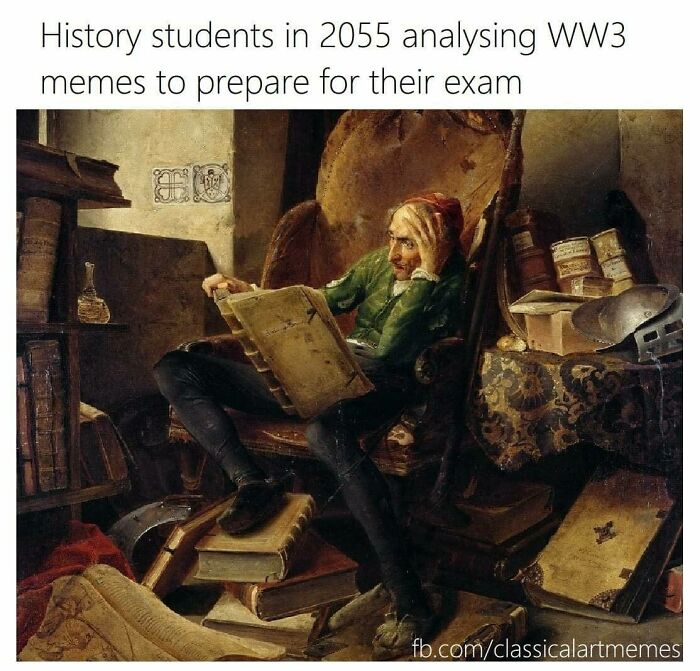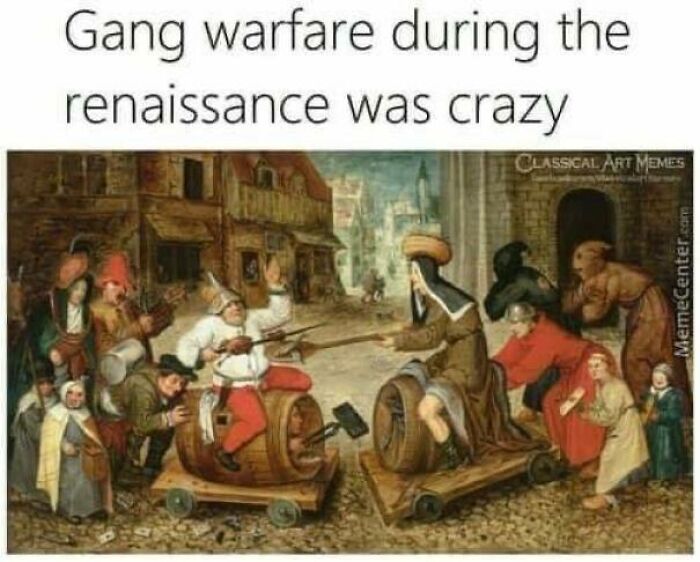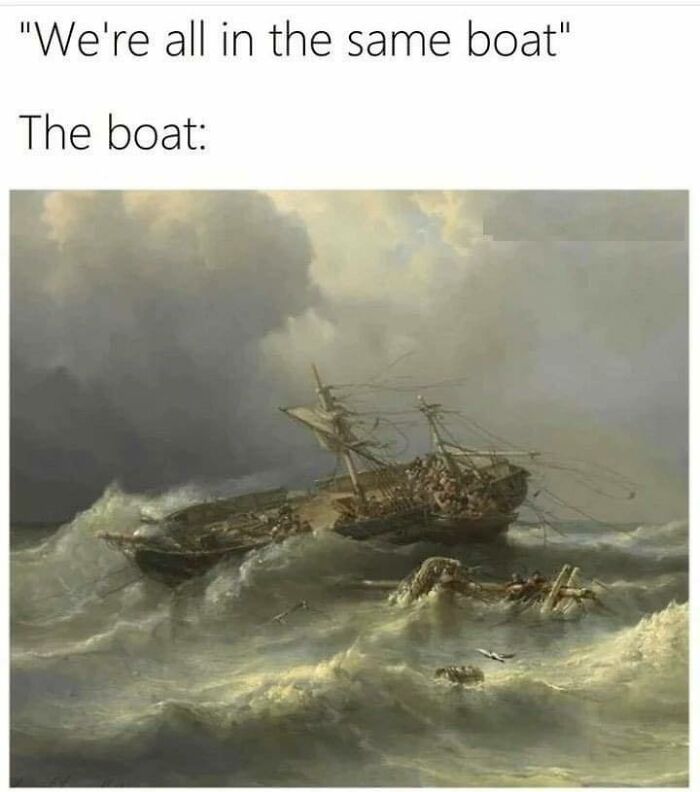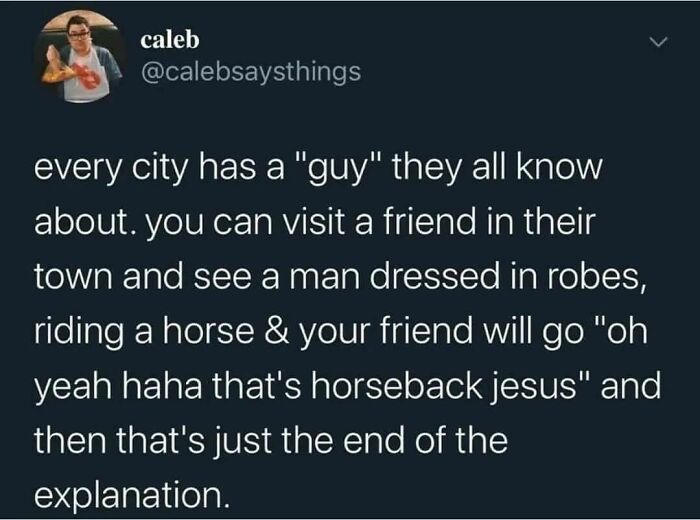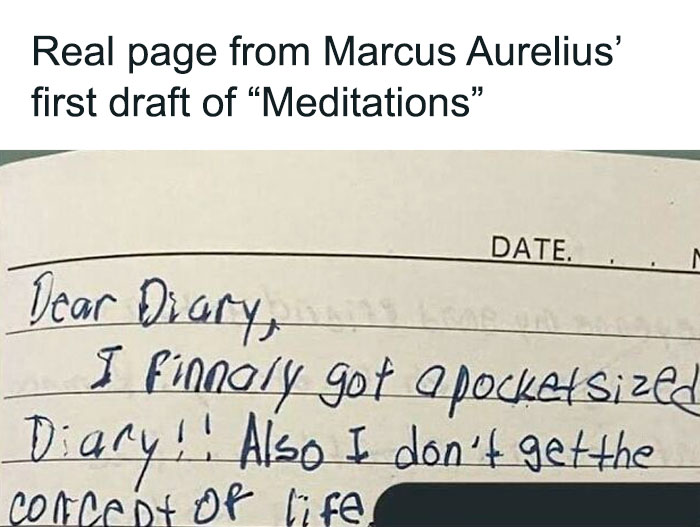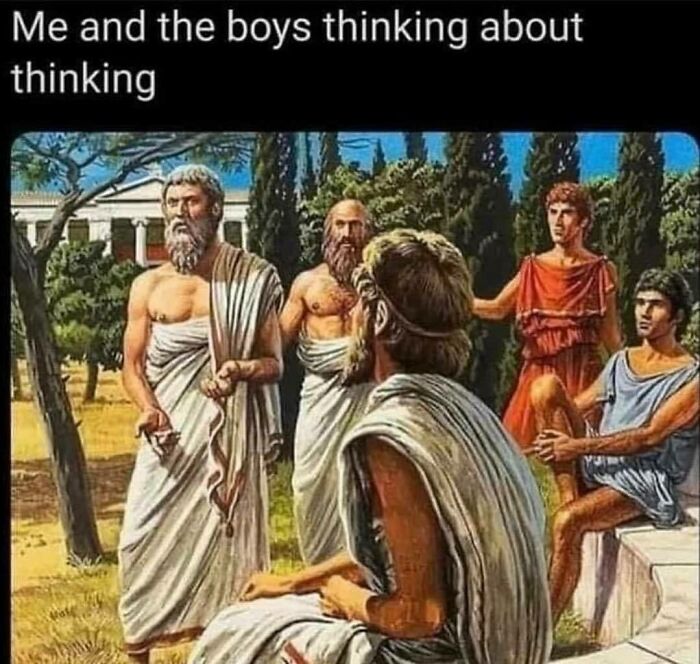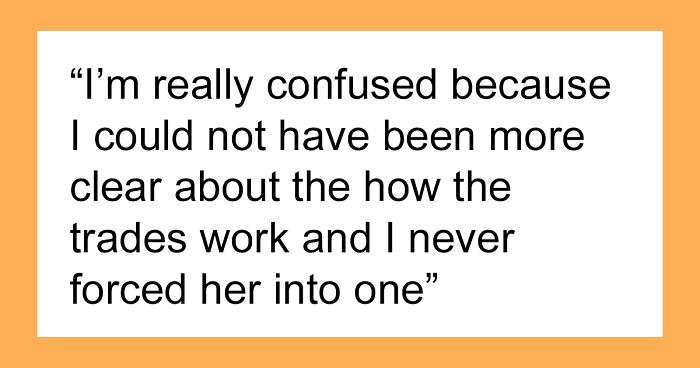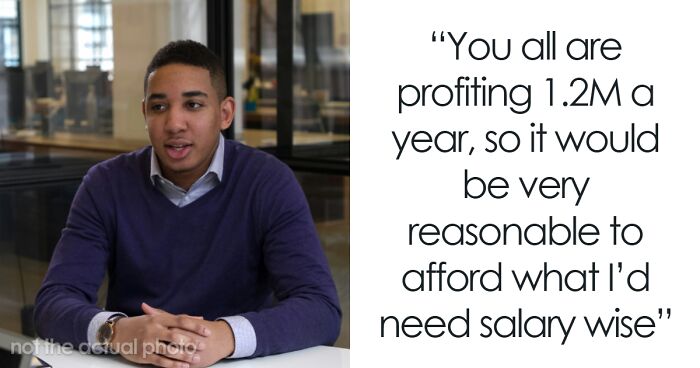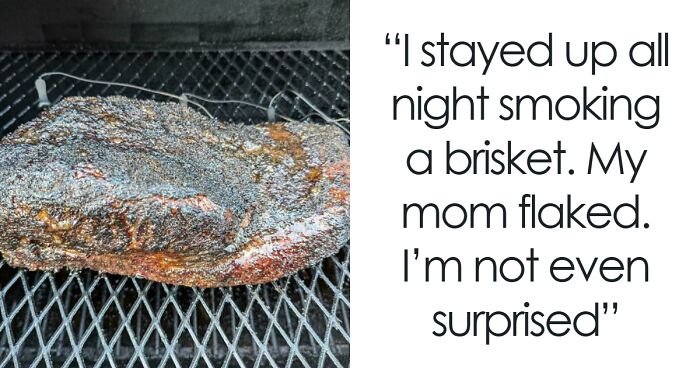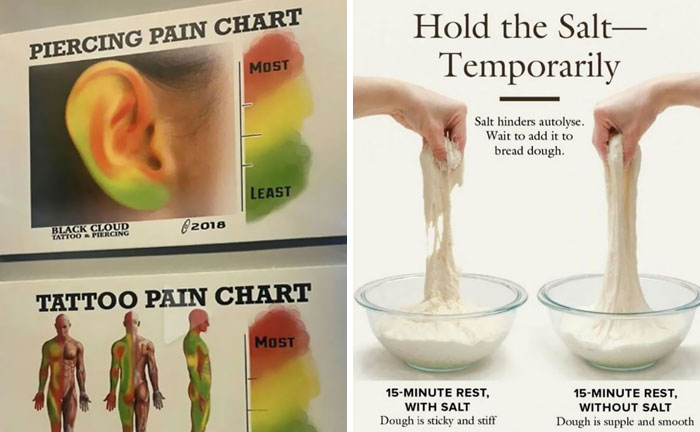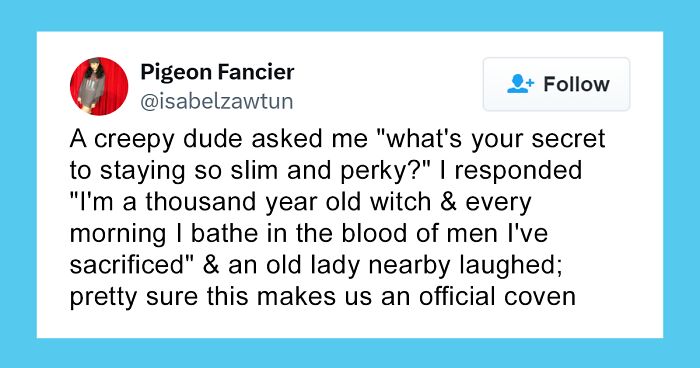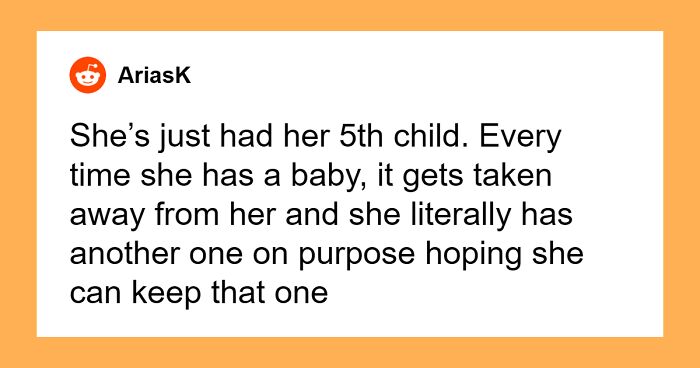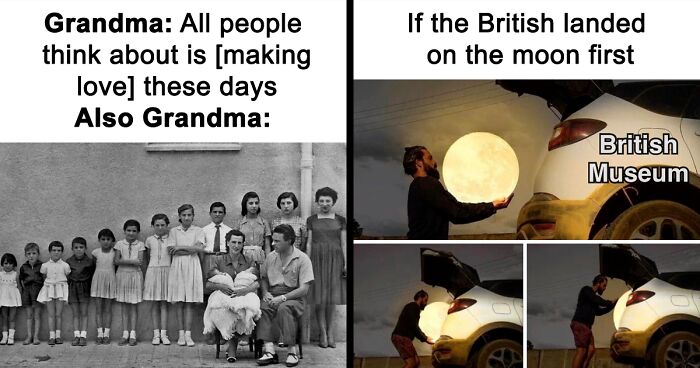
“History For The Witty”: 50 Of The Funniest And Most Accurate Memes That History Geeks Might Appreciate
Do you consider yourself a history buff? Are you widely regarded among peers as a wiz by whipping out intriguing facts about the past? Well, then you’re in luck! Because diving headfirst into events that happened centuries ago and learning about the influential people that are long gone is an adventure in itself. But when it’s combined with a great sense of humor — you know you’re in for a treat.
So allow us to introduce you to one entertaining corner on Facebook called 'History for the Witty'. This social media project is dedicated to cracking jokes, memes, and witty banter about the good old days. Home to nearly 130k followers, it aims to show that adding a little fun to historical tidbits results in exceptionally hilarious combinations, and they deliver proof.
To show you what we mean, our history-loving team here at Bored Panda has gathered some of the best posts from the account. So continue scrolling, upvote your favorite memes and be sure to tell us which ones you loved the most and why. And since we can’t get enough of this subject and the amusing jokes about it, be sure to check out our earlier posts filled to the brim with history memes here and right here.
This post may include affiliate links.
Who says history has to be dull? Definitely not the Facebook page in question. It has been capturing the imaginations of its followers for quite some time now by sharing their knowledge with a healthy dose of comedy mixed in. Ever since the 'History for the Witty' social media project was created, it has become the perfect outlet for anyone who likes to have a good laugh and has a soft spot for old books, dusty manuscripts, and events surrounding our past.
You can already tell the creator of this page likes to have fun from the description alone. "You may safely rebel here — just remember you catch more flies with honey…Wait, why do I want flies? Nevermind… Post your banter here," they wrote.
If we fail to study the atrocities of history, and the ideas that caused them, they can easily be repeated when those old ideas come back to the surface.
By using historical background to fuel their jokes, the page makes sure that anyone who ever mistakenly deemed history as a boring subject would change their mind. And what better medium to convey this message than in tightly-packaged chunks of information we refer to as memes?
Online communities like this one that present facts in a witty way spark a desire to learn more. By featuring events that happened years ago, they also provide space to learn how past societies and cultures were built, and how they operated and changed over time. As we fill our heads with knowledge, look up the facts we may have not realized before (and feel entertained by sharing laughs along the way) — we better understand the present.
Previously, we reached out to Darren R. Reid, Ph.D., a lecturer in history at Coventry University, to learn more about this subject and our desire to devour it through memes. According to him, entertaining pictures and jokes can be used in teaching because they are a great way of communicating complex ideas in a really fun and accessible way.
"They can be very clever and I think students really appreciate using memes to help them to connect to the topics they’re studying," Reid told Bored Panda.
Looking at the tens of thousands of people who can’t wait for the next post to grace their feeds, it’s easy to grasp why history-related memes have seen explosive growth in the last few years. When asked why we enjoy encountering them online, the lecturer said, "When they’re good, they are intelligent, witty, and fun. They also help people easily understand (and remember!) important events or ideas."
But the dire reality is that many students, in fact, feel largely indifferent toward the subject and social studies in general. What’s more, the number of college history majors has been steadily declining in the past few decades. As reported by the Perspectives on History newsmagazine, the numbers are grim.
"History has a majors problem," Robert B. Townsend, program director at the American Academy of Arts & Sciences, wrote. "The number of students earning degrees in the field fell precipitously after the Great Recession of 2008, and while the decline became a bit more gradual before the pandemic (especially when including double majors), it has continued to slip."
According to the report, the annual number of history bachelor’s degrees fell by more than a third from 2012. However, lecturer Reid believes the subject is far from losing its significance in the eyes of the public, as well as the academic world. In fact, "History is one of the most enduring and popular subjects."
"Practically everyone, at some point in their life, will set out to learn something about the past," he continued. "History memes let us explore that enthusiasm in a new way, connecting with a broader and younger audience."
"If someone doesn’t love history yet, they probably haven’t learned about the area and period that will capture their imagination. Memes are a great way to tell stories in a really accessible way — and they help people to learn about compelling chapters of the past that they didn’t even know existed."
If you’re on the fence about pursuing history in the first place, studying the little details surrounding a specific era or event deepens our knowledge and understanding of why things happened the way they did. It can quickly change our perspective, accelerate our critical thinking, and even help us come up with brand new ideas.
"[History] teaches you how to investigate complex, world-shaping events," Reid added. "It teaches you how to systematically find and analyze evidence. It teaches you how to communicate your ideas. At Coventry University, our students even learn how to make documentaries."
Lecturer Reid pointed out that people who study the past "become critical thinkers with a powerful analytical toolset and the ability to communicate complex ideas. Those are incredibly important skills — and they develop them whilst learning about the past and the forces that have shaped our society."
Reid stressed that studying history is not just about gaining knowledge: "It’s about gaining important skills that can be used to find success in a dizzying array of jobs and careers."
But the abundance of information floating around the web makes it difficult to know whether every truth or detail is true. "The internet is an incredible tool, but it is also responsible for producing and disenchanting a lot of bad information," Reid said and explained we must check our sources.
"Don’t take anything for granted," he added. After all, it’s always important to check how people support their points. Especially today, when we can find needed documents, letters, and speeches quite quickly. "Look to the works of credible scholars to ensure the accuracy of whatever you’ve read or whatever you intend to produce."
"Be curious. Explore the past. Learn the lessons our ancestors teach us through their words and actions. Learning about the past is one of the best ways to understand why we — all of us — act the way we do," Reid concluded.
From what I just read they are all over 6' strapping blonde gods ... I say Bring it!!!
* Plugs in Big Brother that I brought home from the store myself. Her name is Alexa *
This KIND OF makes up for the other two "historical FACTS" articled I read today on BP.
Just to get this done once and for all: we, the British, are sorry that we killed you all and ate all your sausages. Except we aren't sorry, and we'd do it all again, and you know full well that you were trying the same things at the same time, and if it were not for us you'd all be speaking French like a bunch of wankers. Bye!
This KIND OF makes up for the other two "historical FACTS" articled I read today on BP.
Just to get this done once and for all: we, the British, are sorry that we killed you all and ate all your sausages. Except we aren't sorry, and we'd do it all again, and you know full well that you were trying the same things at the same time, and if it were not for us you'd all be speaking French like a bunch of wankers. Bye!

 Dark Mode
Dark Mode 

 No fees, cancel anytime
No fees, cancel anytime 


